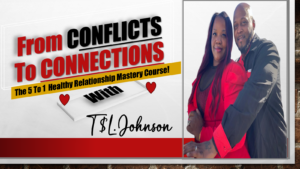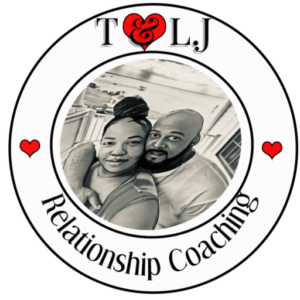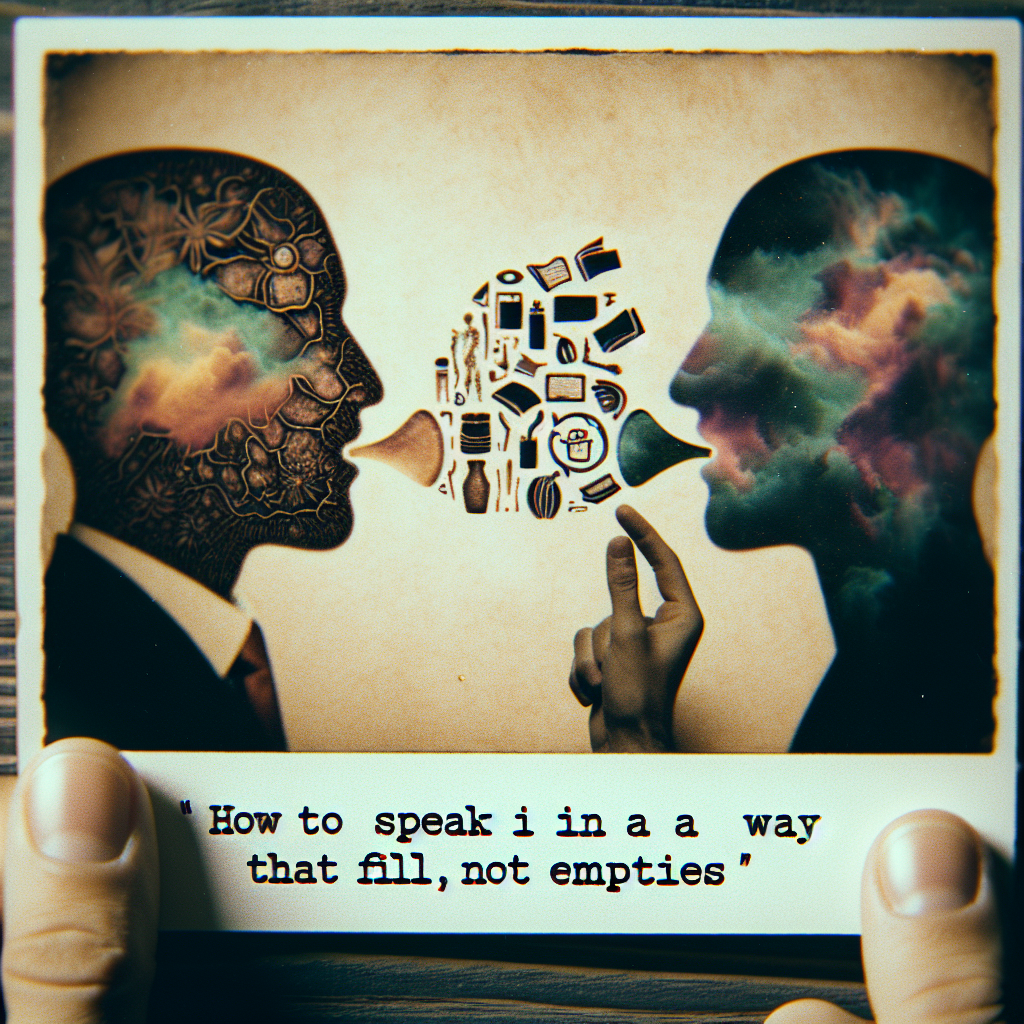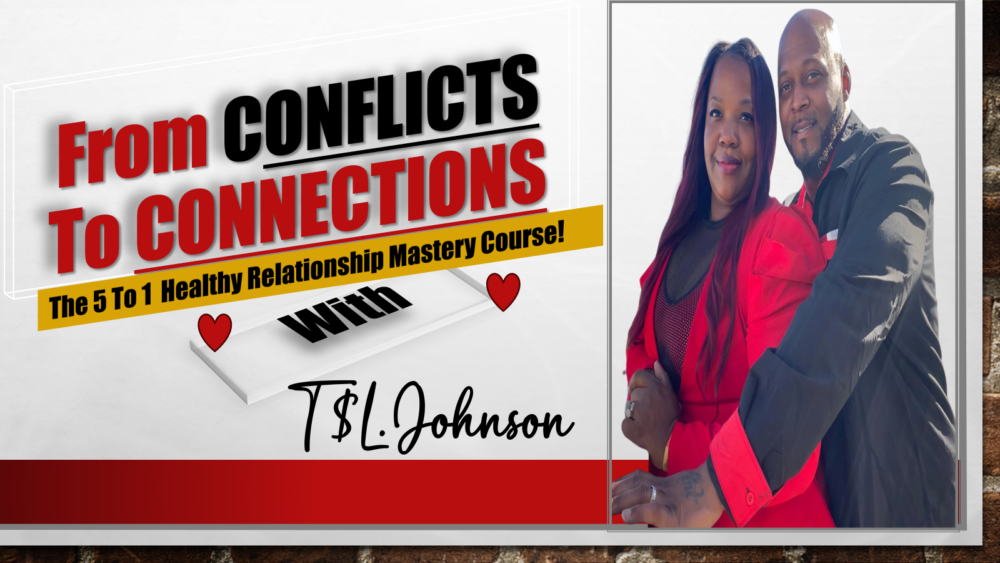Understanding the Heart’s Needs
Listening Beyond Words
One thing I’ve learned over the years is that listening is an art form. It’s not just about hearing what someone says; it’s about truly taking in their feelings, emotions, and experiences. When I focus on the underlying messages and cues—body language, tone, expressions—I find that I can connect much deeper than surface-level conversations.
It’s almost like a dance. I move in sync with their emotions, reacting based on their needs rather than simply waiting for my turn to speak. This skill not only strengthens our bond but also brings the unspoken things to light—things I might have missed if I were just tuning in superficially.
In my own experience, when someone feels truly heard, they often open up more. It’s such a rewarding experience to watch someone’s walls come down and their heart unfold in conversation. It makes me feel a deeper connection, encouraging them to share more openly.
Creating a Safe Space
Physical Environment Matters
When I want to talk about something serious or just connect on a deeper level, the setting plays a huge role. I prefer to find a comfortable place with minimal distractions—like a cozy café, a quiet park, or even a snug couch at home. I’ve found that the right environment can foster openness and vulnerability.
It’s really about creating a zone where both parties feel at ease. If I’m anxious or distracted by loud noises or too many people around, the conversation can easily lose its essence. So, I’ve developed a habit of choosing the right spots that encourage the flow of dialogue.
Sometimes, I even set the mood with warm lighting or soft music. It’s incredible how these small adjustments can make a world of difference in how we communicate. When the atmosphere feels inviting, sharing personal thoughts and feelings feels much more manageable.
Asking Open-Ended Questions
Encouraging Deeper Discussions
One method I swear by in rekindling conversations is the magic of open-ended questions. Instead of asking, “Did you enjoy the event?” which often leads to one-word responses, I like to ask, “What was your favorite part of the event?” This shift encourages my friends to dive a little deeper into their thoughts.
My experience is that people appreciate when I take an interest in their perspective. It makes the conversation more interactive rather than a simple exchange. I often find that they start responding in ways I didn’t anticipate, revealing layers to their ideas that I might have completely missed otherwise.
These kinds of questions can lead to such enriching discussions. I’ve had moments where a simple inquiry opened up a whole world of debate or reminiscing—allowing both of us to learn something new or gain fresh insights into each other’s thoughts and feelings.
Validation and Empathy
Recognizing Emotions
We all want to feel like our feelings are valid, right? When someone shares something significant with me, I make it a point to acknowledge their feelings. Saying something like, “I can totally see why you’d feel that way,” helps them know that I’m not judging or dismissing their experience.

For me, empathy is all about being in the other person’s shoes. I recall a moment when a friend was really bummed about a job rejection. Instead of jumping straight to advice, I listened and shared how I felt similarly during my own job hunts. That sense of connection sometimes means more than a fix.
Validating someone’s feelings reassures them that it’s okay to feel whatever they’re feeling. I’ve learned that by doing this, I’m not just being a good friend—I’m also deepening the trust and bond between us, making it easier for future conversations to flow.
Follow-Up Conversations
Checking In Post-Discussion
Sometimes, after a heart-to-heart talk, I like to check back in afterward. It could be a simple text asking how they are feeling about something we discussed. This little gesture reminds them that our conversation mattered to me beyond just that moment.
Following up offers a chance to revisit any unresolved feelings or thoughts. I’ve found that this continual engagement often leads to more in-depth discussions over time, making it a habit that strengthens our connection.”
Moreover, it demonstrates to them that I genuinely care about their well-being. It’s like saying, “Hey, our conversation doesn’t end here.” This mindset has nurtured my relationships, allowing them to flourish with deeper trust and understanding.
Frequently Asked Questions
1. What are some tips for better listening?
Try focusing entirely on the speaker without distractions, maintaining eye contact, and reflecting on their feelings. Engaging actively in the conversation creates a bond of trust.
2. How can I create a safe space for conversations?
Choose a comfortable and quiet location, minimize distractions, and maintain an open and warm demeanor to invite openness in dialogue.
3. What are open-ended questions?
Open-ended questions are ones that require more than a simple ‘yes’ or ‘no’ answer, encouraging deeper thoughts and discussions.
4. Why is validation important in conversations?
Validation helps affirm someone’s feelings, showing them that their emotions are acknowledged and meaningful, which helps build stronger connections.
5. How often should I follow up on serious conversations?
It’s great to follow up shortly after the conversation and then again after some time to show continued care and interest in their feelings and thoughts.

Schedule Your First 20-Minute Coaching
Call With Us Today to see if we fit . You pick the price!
Click Here






